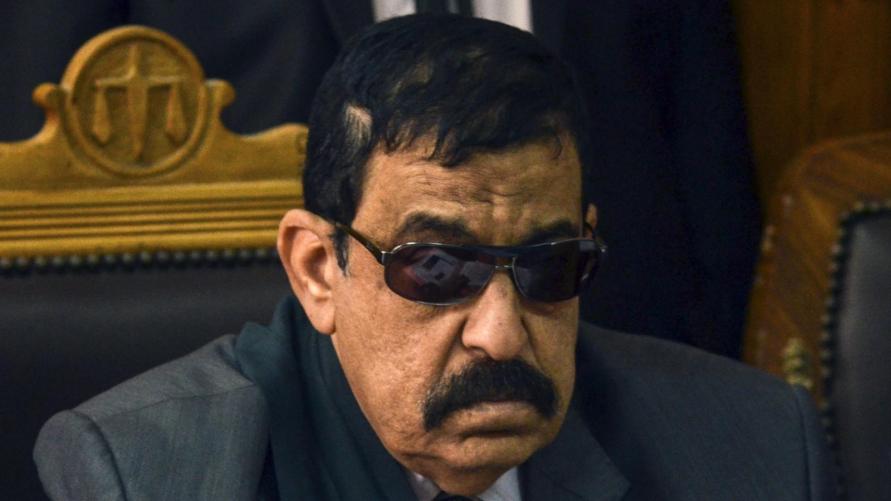In an official complaint to the Supreme Judicial Council, lawyer Taha Abdel Galil accused senior judge Nagy Shehata of breaking the law by expressing personal opinions of defendants in cases he is ruling in. In an interview with Al-Watan newspaper, the judge expressed feelings of loathing and hostility towards the January 25 revolution, calling it a loss, and towards various parties and icons that had participated in the revolution, from Islamic to leftist to socialist groups, the Saturday complaint stated. Shehata, who was one of the judges responsible for forging the 2005 parliamentary elections in favor of the former ruling National Democratic Party, also defamed certain media personnel and politicians, while praising others, the complaint added. “This is a dire professional mistake,” Abdel Galil told Egyptian Streets. Contempt for a certain group of Egyptians tried before him is considered swindle and deception by law, the lawyer said. “If he carries enmity towards them, he should step down from the cases.” “I am a lawyer who cares for justice” Abdel Galil said. Shehata, nicknamed “the executions judge,” was mandated with heading one of six special judiciary circuits dedicated to terrorism and…
Egyptian Lawyer Files Complaint Against “Executions Judge” Nagy Shehata
December 21, 2015




